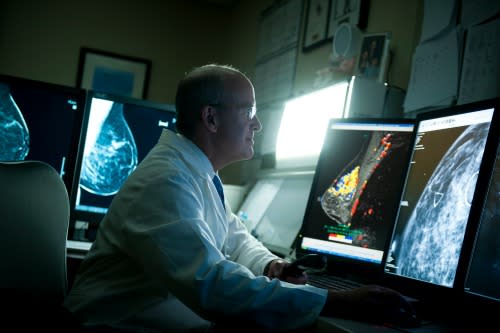So I'm BRCA Positive. Now What?
Published: November 21, 2019l
By Sara Bienenfeld, MS, LCGC, Genetic Counselor, Cancer Genetics Program
Interested in Genetic Counseling for Cancer?
To schedule an appointment or for additional information, please call the Women's Specialty Center at 203.276.2030.
Maybe you did genetic testing after a diagnosis of breast cancer at a young age, or a recent diagnosis of breast cancer in a relative, and now you have been found to carry a harmful variation (or mutation) in one of the BRCA genes. Perhaps there is an extensive family history of breast and ovarian cancer to consider.
Or, there is no family history of cancer, and you were just interested in learning more about your risk of disease and are now faced with some very shocking information regarding your cancer risks!
Regardless, learning that you carry a BRCA gene can be alarming. Here are some answers to questions you may have.

What is the risk for cancer when I’m BRCA positive?
First, it is important to clarify the type of gene identified. We tend to use the term “BRCA positive” to mean that a person carries a harmful variation in one of their BRCA1 or BRCA2 genes. There are several other genes, such as, ATM, CHEK2, PALB2, BARD1 that also confer an increased risk for hereditary cancer. The risk for cancers is specific to the gene that has been identified.
In the general population, one in eight women will develop breast cancer by age 80. However, there are numerous studies that quote different risks of breast cancer for women with a BRCA harmful variant.
- One study found that females with a BRCA1 harmful variant have up to a 57-72% risk of breast cancer to age 70. Women with BRCA2 harmful variant have a 45-69% risk of breast cancer by age 70.
- An original study in 2003 estimated the risk of breast cancer in women with BRCA1 and BRCA2 harmful variant to be higher, up to 87%.
What is my risk for ovarian cancer?
The risk for ovarian cancer is also increased for women with BRCA1 and BRCA2 harmful variants. Recent studies quote:
- 39-58% lifetime risk of ovarian cancer for BRCA1 harmful variants
- 13-29% lifetime risk for women with BRCA2 harmful variants
Harmful variants in BRCA1 and BRCA2 also increase the risk for male breast cancer, prostate cancer, melanoma and pancreatic cancer in some families.
These numbers are concerning. What do I do with this information?
Throughout their life, men and women with BRCA1 and BRCA2 harmful variants can use this information to guide their medical care and cancer screening recommendations to ensure that they are being proactive in managing their cancer risk. You should work with your doctors to coordinate the care that best meets your needs. You have many choices for risk management throughout your life. Our options for cancer risk management continue to grow and improve.
What resources and support are available for women with BRCA1 or BRCA2 harmful variants?
Support organizations such as Bright Pink and FORCE provide valuable resources for women with an inherited risk for breast cancer. They have programs that can match individuals to other people who have gone through a similar experience. These organizations are an amazing resource of information and support.
What do my genetic results mean for my family?
If we detect a harmful variant in one of the analyzed genes, your relatives may be at risk of carrying the same harmful variants. We recommend they contact a genetic counselor to discuss options.
We understand it can be surreal to look in the mirror and have this new knowledge of your genes that were set at the moment of your conception. Count on the cancer genetic counseling experts in Stamford Health’s Women’s Specialty Center and the Carl & Dorothy Bennett Cancer Center to customize a care plan that answers your questions and meets your needs.
Featured Expert/ Author


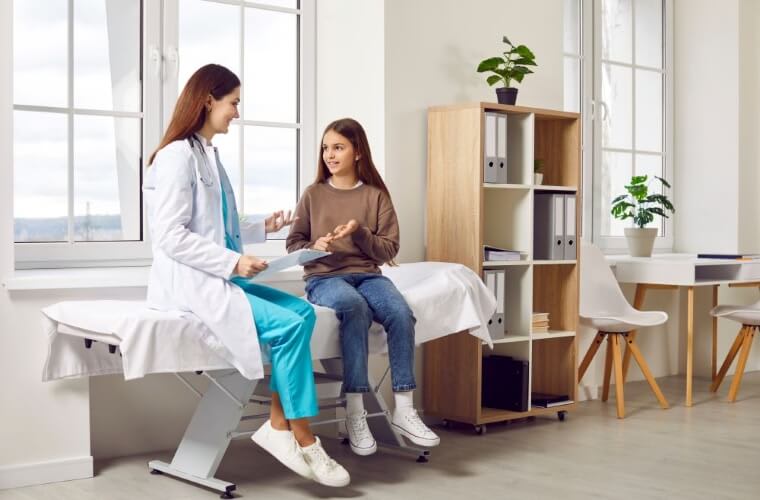

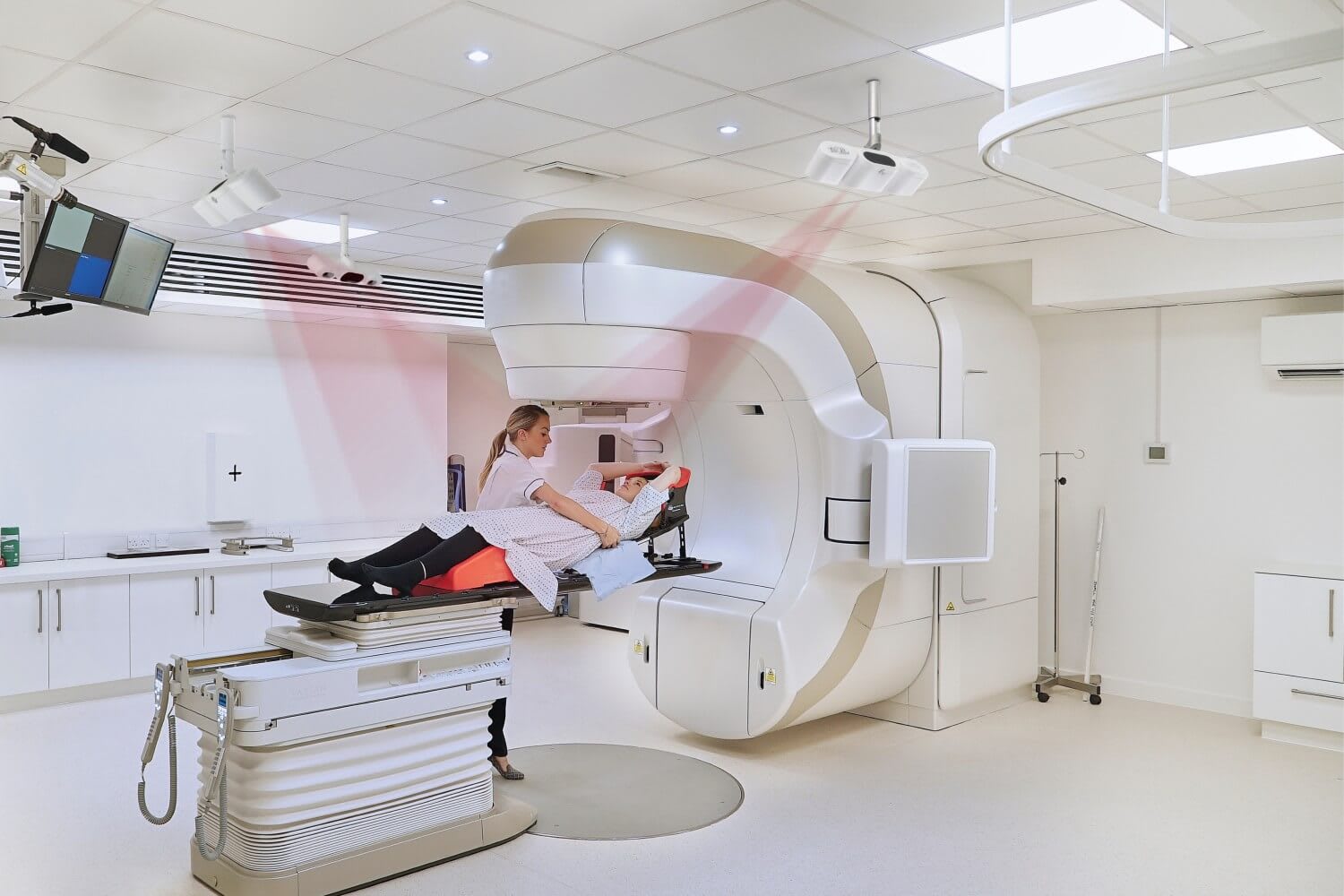
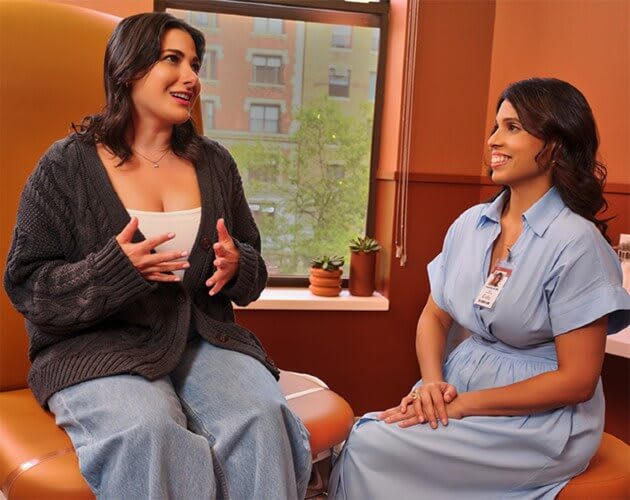

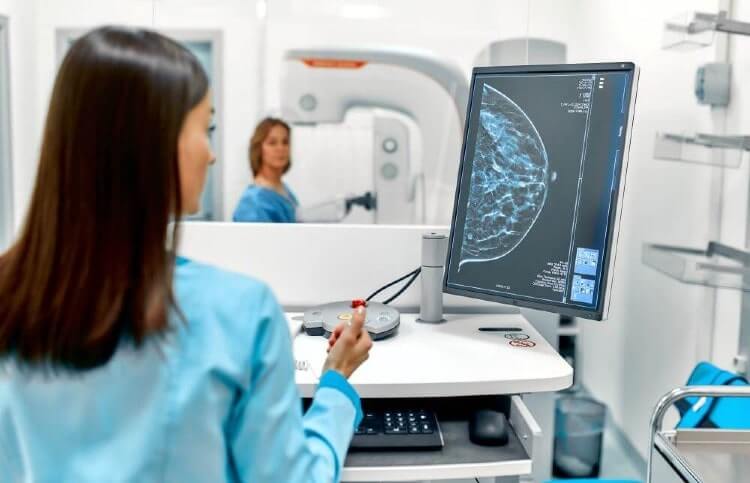














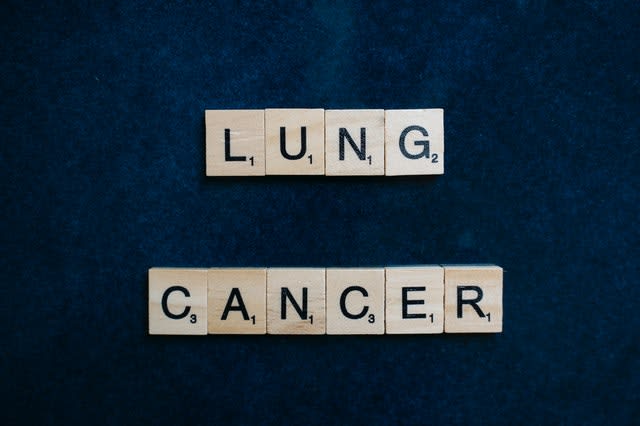

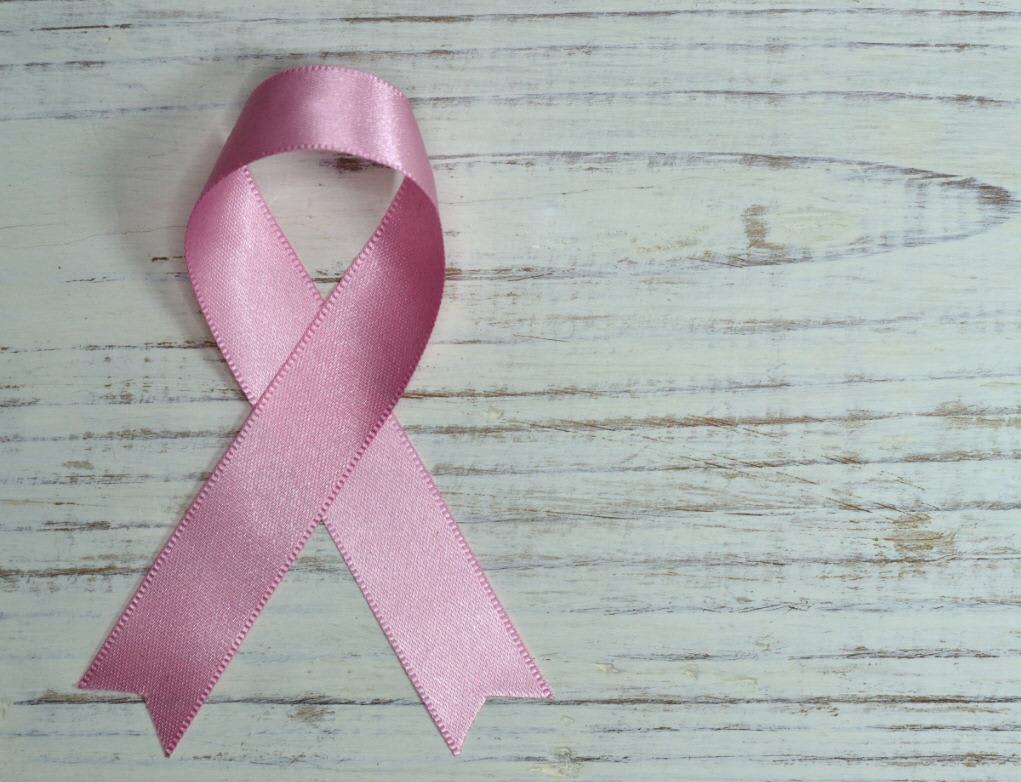
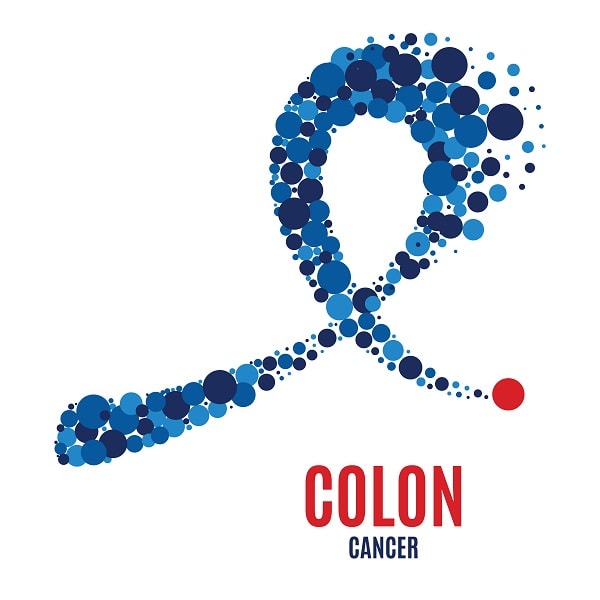

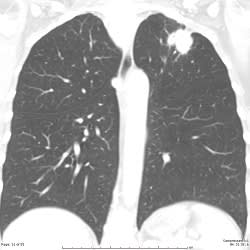







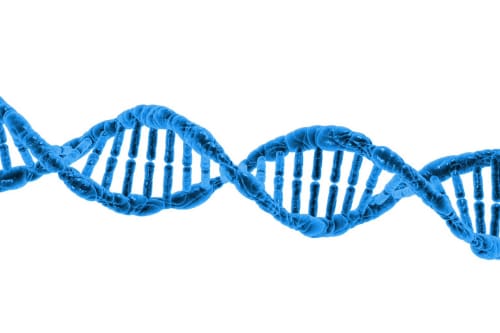

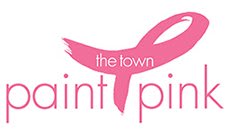


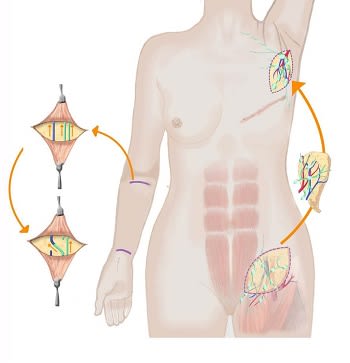





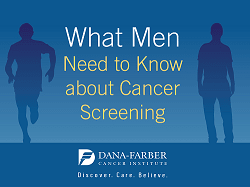
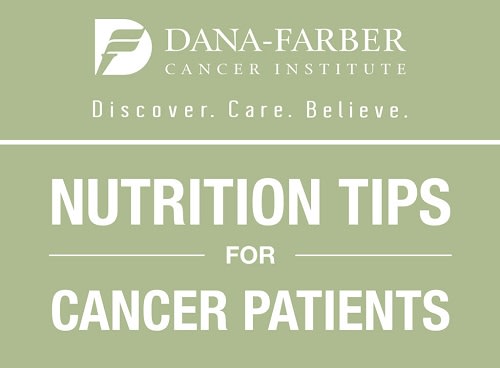




















)


)

)
)
